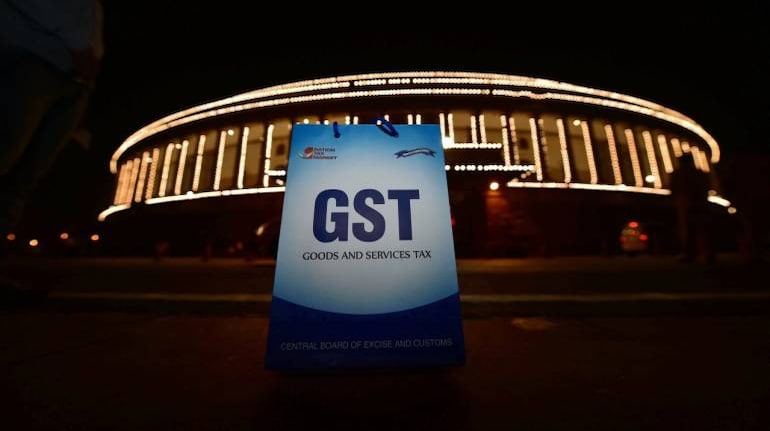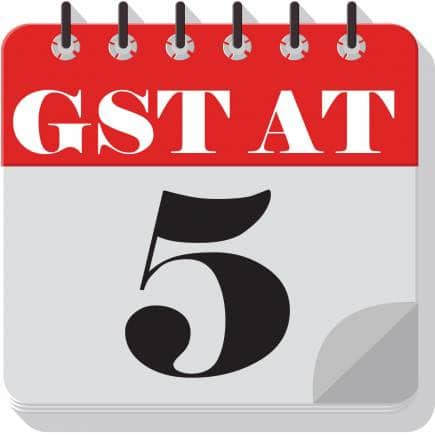



As India’s goods and services tax (GST) completes five years, several states have demanded continuation of GST compensation beyond June 30.
At the time of introduction of GST in 2017, the constitutional amendment provided for compensation to states for five years for revenue lost. The GST Compensation to States Act provided for release of compensation based on 14% year-on-year growth.
While Rs 3 lakh crore compensation was released to the states in the first three years of GST implementation, the collections dropped sharply over the last couple of years as government finances came under extreme stress due to the coronavirus pandemic and the ensuing economic disruption.
Recently, geopolitical turmoil and rising inflation have also made macroeconomic conditions tougher.
To make up for the shortfall in GST compensation cess revenues, the Centre borrowed Rs 1.1 lakh crore in 2020-21 and Rs 1.59 lakh crore in 2021-22 and passed this on to states.
The GST compensation cess, levied on sin and luxury goods like tobacco, coal and cars, has been extended until March 2026 to repay GST related borrowings.

Why states need the funds and the Centre cannot pay Several states are likely to find their finances in dire straits as the GST compensation ends. It stands to reason they would want the compensation to continue. After all, it was the promise of the compensation — 14 percent year on year growth — that had brought them on board with the GST regime in the first place.
The stressed balance sheets of several states have worsened since the pandemic hit, leaving them reliant on the GST compensation funds.
At an aggregate level, states stand to face a shortfall of over Rs 1 lakh crore in revenue per year after the compensation ends.
Meanwhile, New Delhi’s fiscal position is also stressed — it has to pay burgeoning food and fertiliser subsidies and also take a revenue hit from the cut in fuel taxes.
To be sure, the Centre is not obligated to foot the GST compensation bill. The GST compensation cess was supposed to pay for the compensation to states, not the Centre. While the cess levy has been extended until March 2026, the proceeds will only go towards repayments on GST borrowings.
No resolution in sight While compensation is the biggest issue that the GST Council’s meeting will tackle on June 29, there is little hope of a consensus.
GST cess rates, which are already at very high levels, cannot be raised. Cess can also not be levied on more items given the current inflationary pressures.
The only other option for the council is to extend the imposition of the cess beyond 2026, further complicating the structure of the indirect tax regime.
For now, it seems that the notional loss that states incur from July 1 can only be met by better compliance and tweaking the tax rates. States must get ready to take a hit.
Discover the latest Business News, Sensex, and Nifty updates. Obtain Personal Finance insights, tax queries, and expert opinions on Moneycontrol or download the Moneycontrol App to stay updated!
Find the best of Al News in one place, specially curated for you every weekend.
Stay on top of the latest tech trends and biggest startup news.